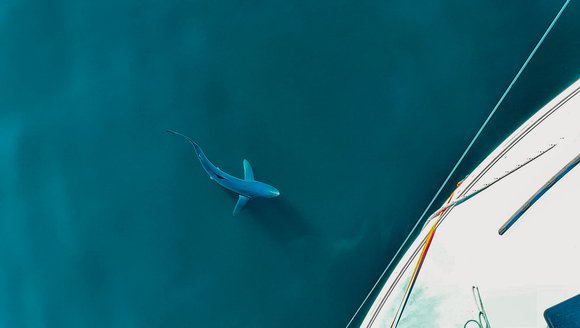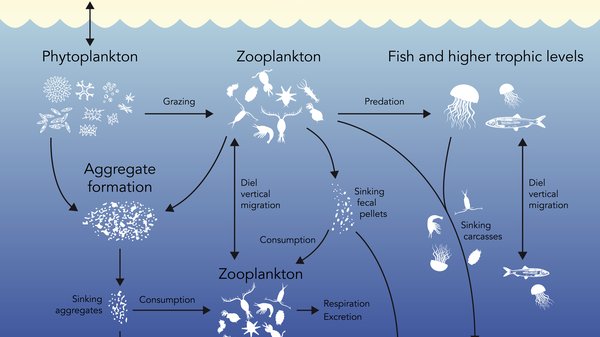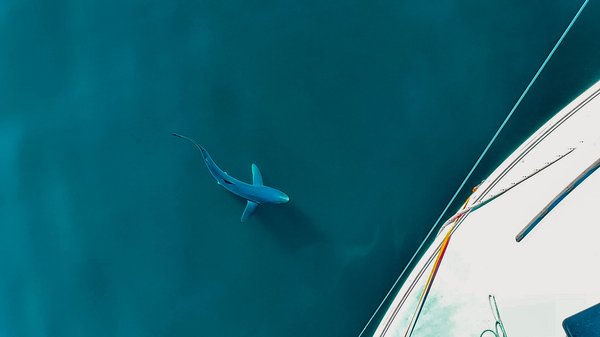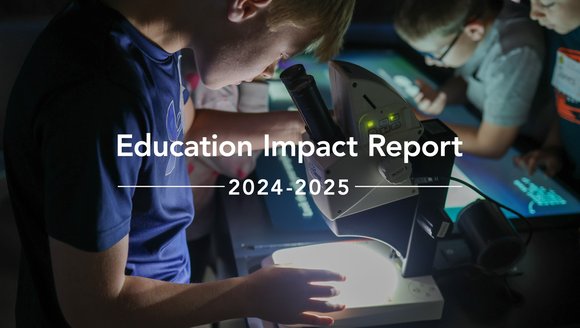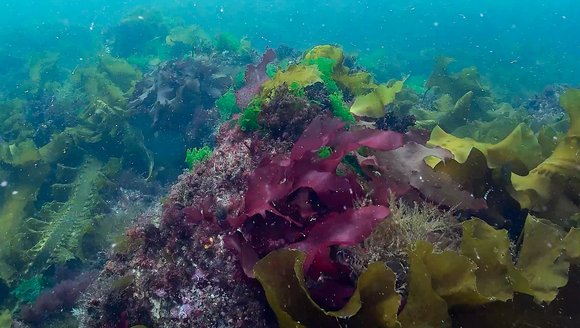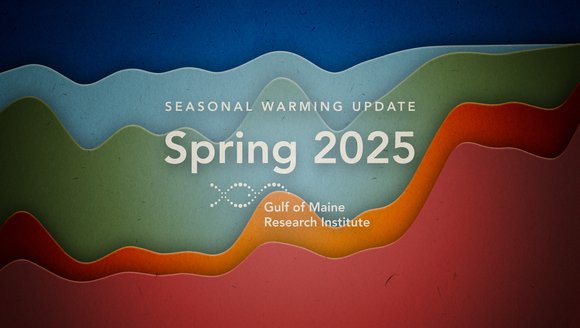Biological Oceanography
We explore how bio-physical environmental conditions impact the behavior, movement, and population dynamics of marine animals.
Our lab studies the impact that environmental conditions and trophic interactions have on marine animals. We strive to learn how distribution and abundances may change in the future, and to provide advice to better manage ecosystem resources. We combine a wide array of observations with advanced modeling techniques to get to a multitrophic understanding of animal movement and behavior in the Gulf of Maine and beyond.
We aim to:
- Understand how ocean conditions affect zooplankton, and how changes in their abundances or body conditions might affect higher trophic levels and the biological carbon pump.
- Develop multitrophic approaches to understand the links between biophysical ocean conditions and higher trophic levels movements and migrations.
- Sustain observations and data collection in the Gulf of Maine to better understand its ecosystem, using underwater gliders and other sampling techniques.
Lab Team
Our Methods
We use a combination of observational and modeling techniques to explore how ocean conditions impact marine life.
In the field, we deploy uncrewed systems (underwater gliders) to collect observations for weeks at a time, we sample zooplanktonic communities using plankton nets, and we tag sharks with a range of electronic tags. In the lab, we use statistical techniques to model and analyze the data we collected, but also data gathered from other sources, such as satellites, large-scale ocean models, or in situ observations from other collaborators. We also produce mechanistic models (numerical models based on simple principles) to better understand and quantify drivers of biological processes in the ocean.
-
Autonomous Underwater Vehicles
-
Statistical Modeling
-
Data Collection
-
Tagging Studies
We use a combination of observational and modeling techniques to explore how ocean conditions impact marine life.
In the field, we deploy uncrewed systems (underwater gliders) to collect observations for weeks at a time, we sample zooplanktonic communities using plankton nets, and we tag sharks with a range of electronic tags. In the lab, we use statistical techniques to model and analyze the data we collected, but also data gathered from other sources, such as satellites, large-scale ocean models, or in situ observations from other collaborators. We also produce mechanistic models (numerical models based on simple principles) to better understand and quantify drivers of biological processes in the ocean.
- Autonomous Underwater Vehicles
- Statistical Modeling
- Data Collection
- Tagging Studies
Research Lab Projects
-
![Ocean Gliders]()
Ocean Gliders
Ocean gliders, or uncrewed autonomous subsurface vehicles, can dive underwater to controlled locations and depths and collect critical data. We will use underwater gliders for …
-
![Zooplankton and the Biological Carbon Pump]()
Zooplankton and the Biological Carbon Pump
We aim to quantify the importance of diapausing copepods to the global biological carbon pump, and its consequences for the Earth’s climate.
-
![Shark Habitat Selection]()
Shark Habitat Selection
We investigated which scales were the most predictive of highly mobile predator habitat selection, for three shark species in particular: blue sharks, salmon sharks, and …
-
![2024 – 25 Education Impact Report: 20 Years of Learning]()
2024 – 25 Education Impact Report: 20 Years of Learning
Read on to see some of the ways our education team made an impact across the state and beyond in the 2024 – 2025 school …
Reports
-
![Carbon Sequestration 101]()
Carbon Sequestration 101
One of the most powerful processes we know about, when it comes to slowing climate change, is the sequestration of carbon. Learn more about carbon …
Perspectives
-
![Gulf of Maine Warming Update: Spring 2025]()
Gulf of Maine Warming Update: Spring 2025
Read on for an inside look at what we've learned in our spring 2025 Gulf of Maine warming update.
Reports
-
![Marine Heatwaves 101]()
Marine Heatwaves 101
Learn about what marine heatwaves are and how they can disrupt coastal ecosystems and the communities that depend on them.
Perspectives


